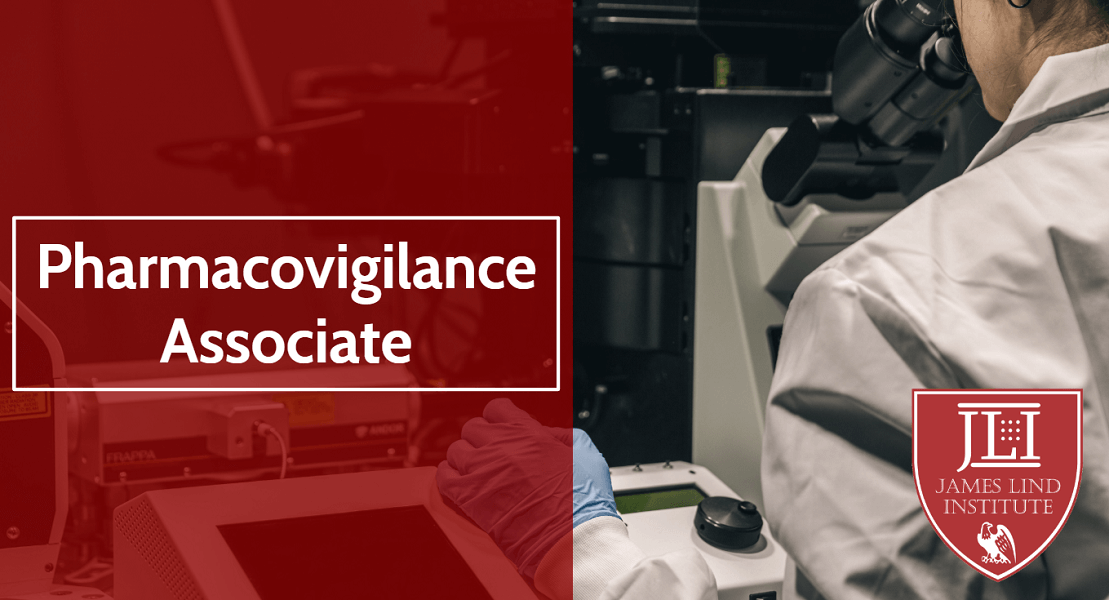There is no shortage of jobs in the field of pharmacovigilance and it requires high-quality work ethics from practicing experts which join various companies to earn attractive salary packages. Job aspirants need to be skilled in all activities related to understanding, monitoring, assessing, managing and preventing adverse effects of drugs.
Pharmacovigilance Associate
A career in pharmacovigilance provides good prospects with generation of new drugs every day. Pharmacovigilance is the process of collecting, researching, monitoring, evaluating and assessing information derived directly or indirectly from patients to identify adverse effects of marketed medications and ensure drug safety. The aim of pharmacovigilance is to identify new hazards associated with medications and provide effectively safer medicines to the public.
Advanced safety features and progression in medical technology have evoked interest in science graduates to apply for jobs associated with drug related issues. The unique and specialised nature of the job of pharmacovigilance associate attracts many degree holders to pursue a career in this line. A degree in medicine, nursing or life science is essential to become a pharmacovigilance associate. Working experience in a medical setting of a hospital or pharmacy provides a competitive edge for acquiring position of pharmacovigilance associate.
Role and responsibilities
- A pharmacovigilance associate ensures compliance with applicable regulations or standard operating procedures; specialises in drug safety management, clinical trials and medical supervision.
- Responsible for conducting, monitoring or reporting regular pharmacovigilance developments and supervising the processes related to ensuring drug effectiveness and avoiding adverse effects or side effects of marketed pharmaceutical products among the general population in research trials and hospitals.
- Pharmacovigilance associate aim at reducing the risks associated with administering and prescribing drugs along with improving safety and treatment outcome in patient care.
- The role includes activities of important case report follow-up; processing and writing adverse event programs; serving link between the company, healthcare experts and patients for delivery of valid information on product safety;
- Conducting and supervising regular pharmacovigilance processes; attending several product safety meetings and adding functionality to product safety.
- A pharmacovigilance associate monitors all products and conducts post-market evaluations to ensure drug safety. These experts are actively involved in assessing adverse event writings, updating reports on safety, conducting quality and conveying drug related case reports to appropriate authorities.
- Pharmacovigilance Associate plays an important role in research, development and testing of new medications in the pharmaceutical industry.
- Responsible for global pharmacovigilance activities to support data safety and case tracking; perform document archiving; assist in the administration of pharmacovigilance meetings; support quality of review documents and initiate business liaison.
- Other essential duties include drafting pharmacovigilance agendas and meeting minutes; accurately archiving pharmacovigilance documents; reviewing safety case data and other pharmacovigilance documents for completeness and accuracy; monitoring periodic safety reports through quality review of safety data and project management; assisting with tracking, submitting and distributing of periodic reports; assisting liaisons with the partners and cross-functional team members to ensure compliance; supporting various ad-hoc deliverables or pharmacovigilance projects; and conducting regulatory inspections.
Online Course at JLI
James Lind Institute (JLI) provides an online program – Advanced PG Diploma in Clinical Research & Pharmacovigilance to train professionals in the diverse and challenging field of pharmacovigilance. .
For more information please visit: www.jli.edu.in


